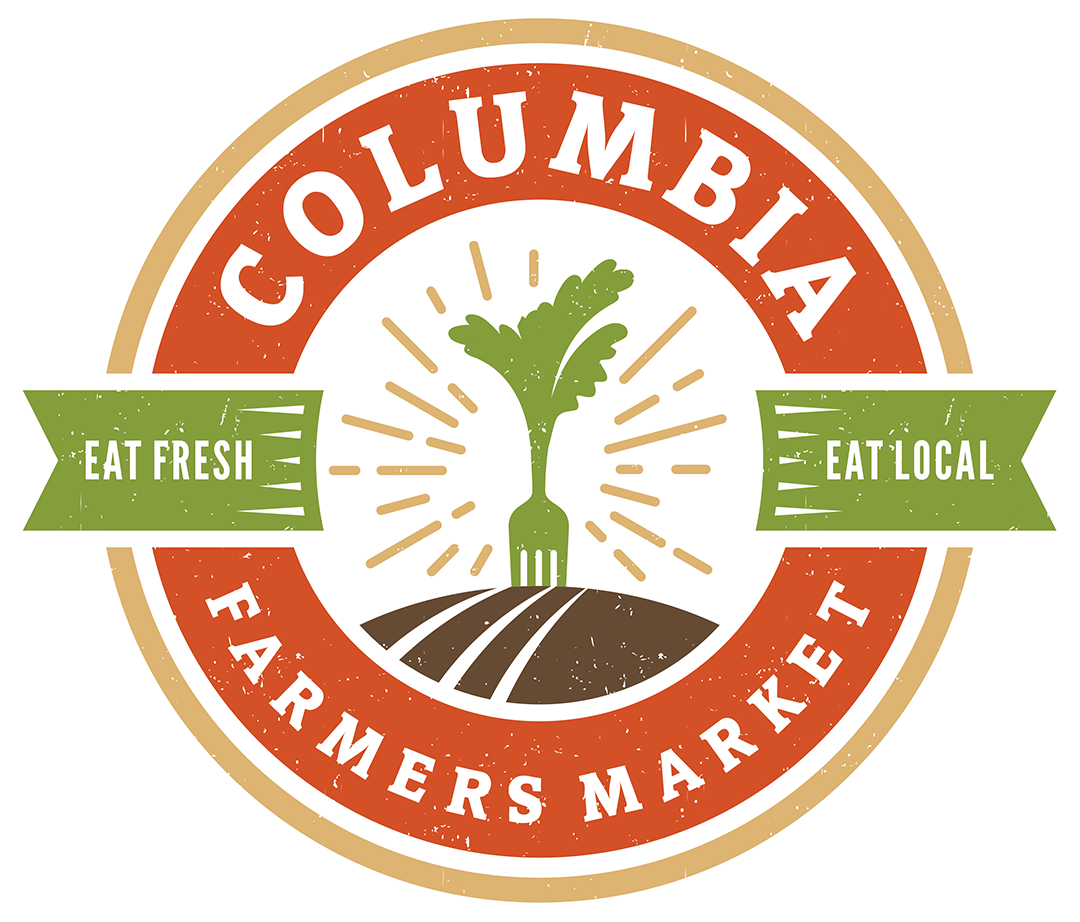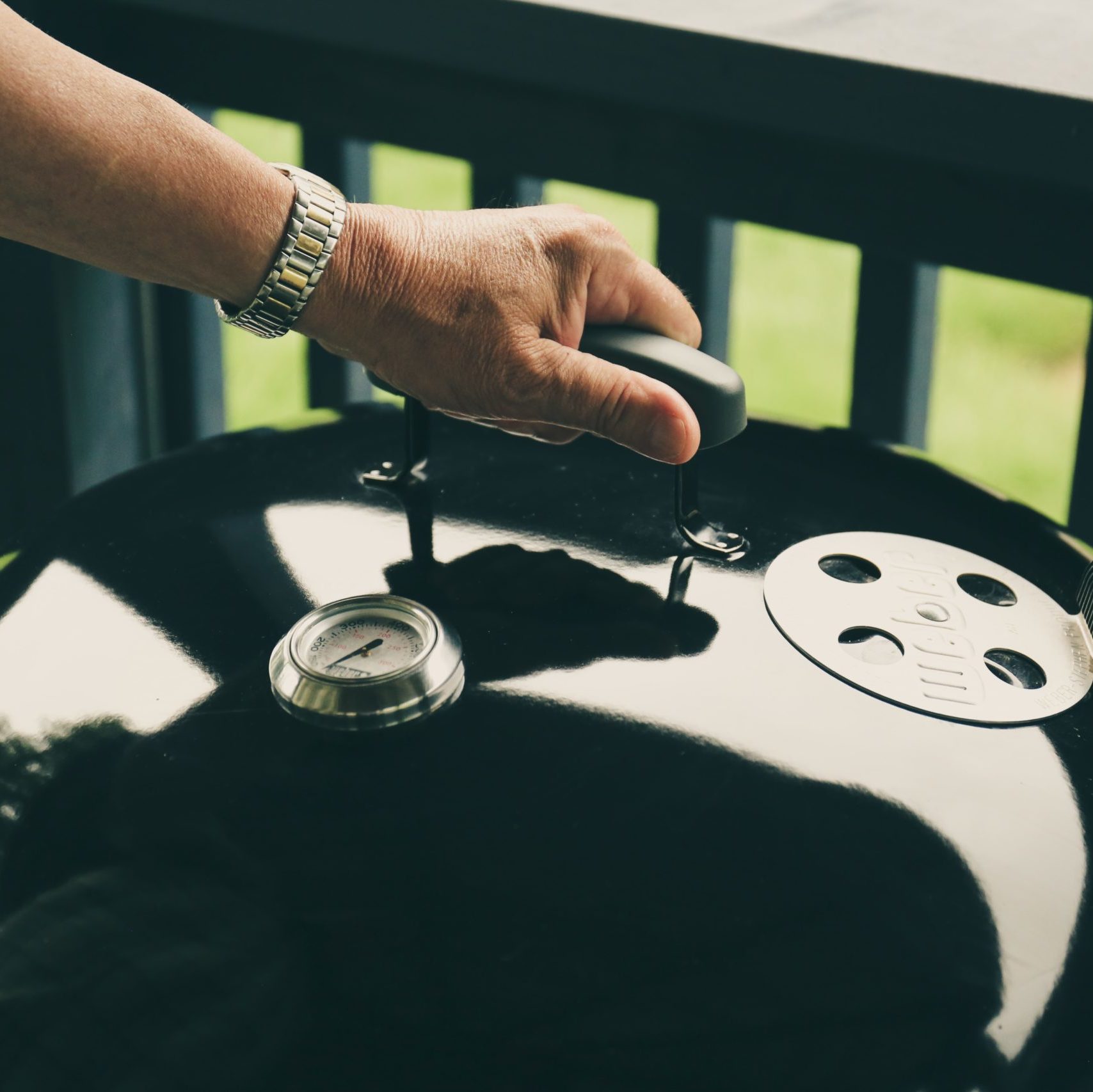


Steve Moeller of Lone Cottonwood Farm has been a beekeeper since 1974. Having been a vendor at Columbia Farmers Market since 2017, it is clear his roots in the beekeeping community go deeper than time spent at the market. As a member of the Boone Regional Beekeepers and past secretary/treasurer of the Missouri State Beekeepers Association, Steve’s passion for beekeeping is evident.
“As a young man, I developed a passion for working with honeybees, and that passion has remained with me throughout my life. Beekeeping, I believe, is best approached as a lifelong learning experience, and the learning never ends. That’s what I enjoy the most.”
Steve didn’t start keeping bees to sell honey, but soon found himself with more honey than his family could use.
“The first honey I sold was at a roadside stand from the trunk of my 1973 Volkswagen Beetle. Then I participated in several farmers markets over a period of years. In the 1990s I dabbled in the specialty food market, shipping honey to gourmet food shops and gift shops over a four-state area. I also had a presence in the Kansas City Gift Mart. It was an interesting experiment and I learned a lot about marketing and customer preferences.”
Steve’s lifelong pursuit for perfecting local honey inspires his process. “My honey is usually a mild flavored, mixed wildflower honey from various floral sources blooming from May through July. Several varieties of clover bloom profusely during this time, along with many species of other wildflowers growing along roadsides. Many of these flowers are considered weeds, but together, these different varieties make a light amber honey with a wonderful flavor. The beauty of honey as a natural sweetener is the unique flavor that comes from the nectar secreted by flowering plants.”
Many sources bloom at the same time, making it difficult to separate and provide varietal honeys in mid-Missouri, Steve said. By keeping bees in several locations with about a dozen hives in each bee yard, he can take advantage of the floral sources in different locations, mostly from a mixture of wildflowers. They also provide pollen, which is a critical source of protein in the honeybee diet. Some locations will produce better than others. For example, extra moisture from an isolated pop-up shower at just the right time will give the nectar flow a boost. Honeybees will typically forage over a three-mile radius, or 18,000 acres.
“Very little honey is produced from agricultural crops in mid-Missouri,” Steve said. “Corn and soybeans, for the most part, are a food desert for honeybees.”
Steve made the decision to change direction and sell at Columbia Farmers Market because he thought it would be a good fit. “I enjoy visiting with all the customers, and we’ve got a really good group of vendors offering a wide variety of produce and other products. We all benefit from that variety that draws good crowds to the market. And now with the first phase of the Ag Park complete, it just keeps getting better.”
Just like Steve’s honey, his sweet demeanor is hard to miss. The long line of youngsters waiting patiently for his honey sticks, and perhaps a quick lesson on honeybees, makes Steve a not-to-be-missed experience at the market.



